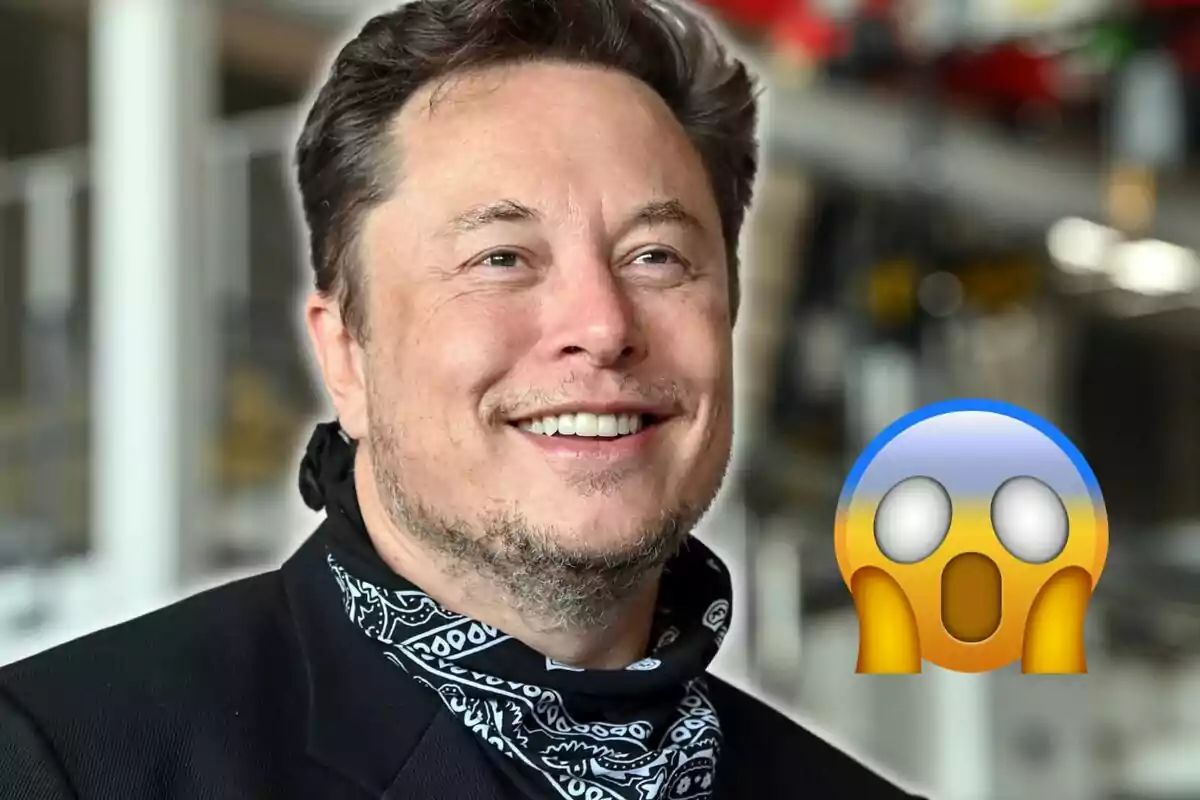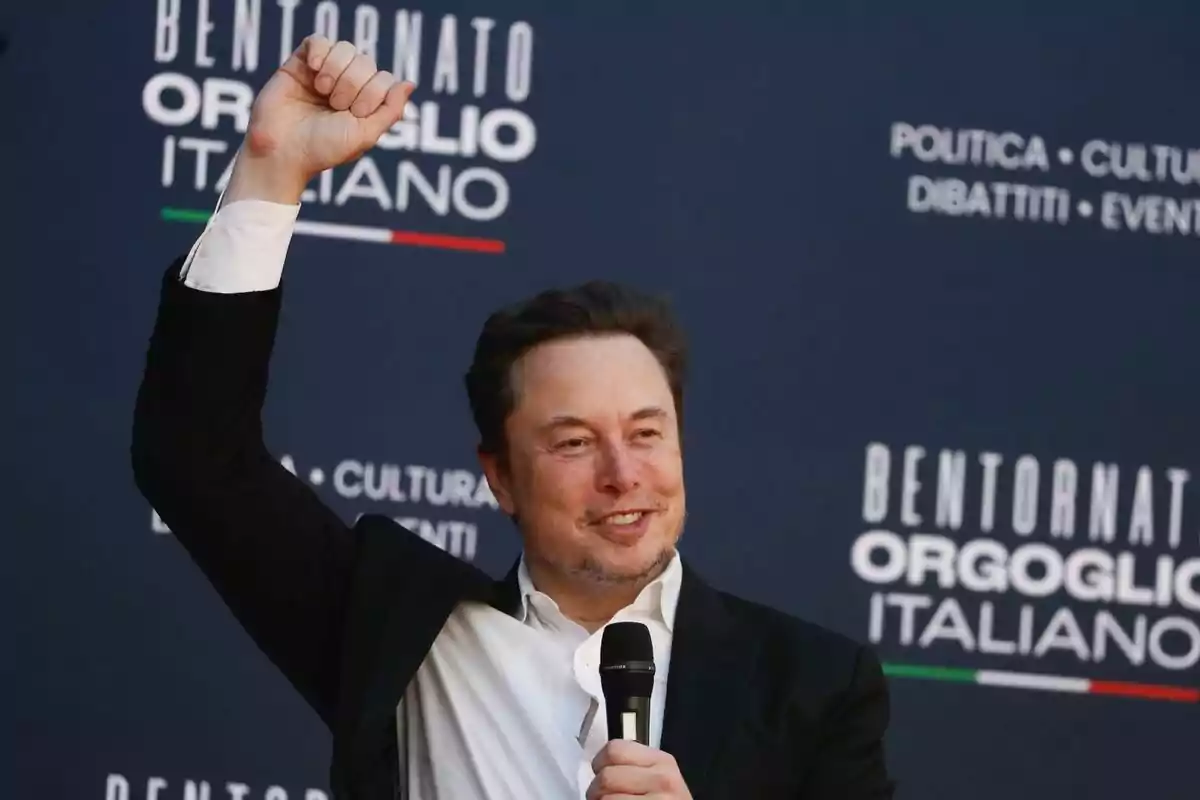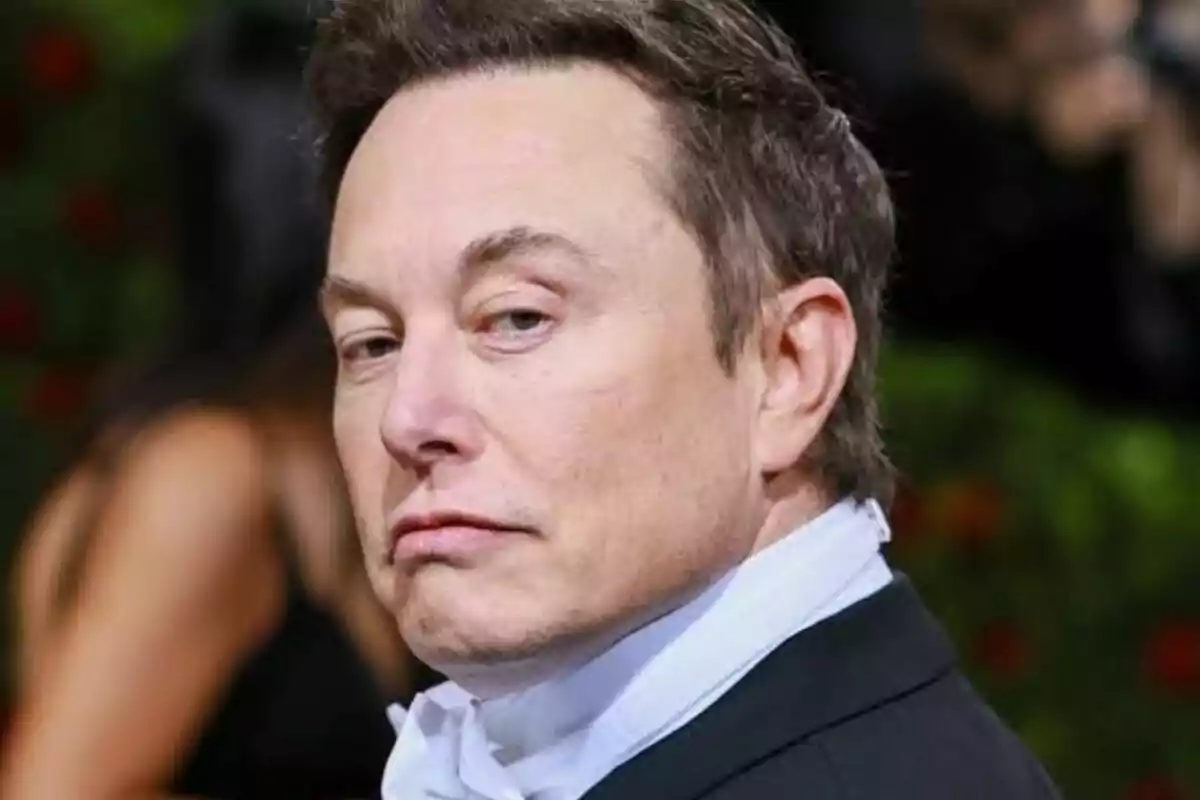
Elon Musk's New and Alarming Prophecy: The Next Great Threat to Humanity
The American businessman has put forward an issue that could become a big problem in the long term
Elon Musk is back in the spotlight, this time for his statements about artificial intelligence (AI) and how it will impact humanity. In a conversation with Republican Senator Ted Cruz on the podcast Verdict with Ted Cruz, the magnate revealed a detail that has set off all the alarms. Although the future is never 100% written and there can always be surprises, Elon Musk has spoken about an imminent danger to humanity.
Specifically, the entrepreneur's fear is that, within a ten-year period, AI-driven robots could annihilate humanity. This apocalyptic vision is not new in debates about technological advancement. However, according to Musk, it is just one of the possible future realities.
The CEO of Tesla and SpaceX believes that, although the possibility of a catastrophic scenario exists, it is not the most likely. In fact, Elon Musk estimates that there is a 10% to 20% chance that AI will lead to the collapse of humanity.

However, he prefers to be more optimistic and think that AI will benefit the majority of the population and bring about a future of prosperity. According to his calculations, there is an 80% or 90% chance that AI will drive improvements in quality of life and help the progress of civilization. During the conversation with Cruz, the senator directly asked Elon Musk if Skynet is a potential reality.
The Possibility Considered by Elon Musk
The entrepreneur did not hesitate to respond that there is a possibility that AI, in the role of Skynet, could develop and control killer robots. When asked about the time frame in which this scenario could occur, Elon Musk stated that it could happen within a period of five to ten years. However, he later clarified and reiterated that the probability of AI becoming a tool for human progress remains higher.
Elon Musk's concern is not isolated. Over the years, several technology leaders have expressed their concern about the dangers of AI and its potential to get out of control. Some of the most influential figures in the sector have warned about the need to establish regulations and limits in the development of this technology.

However, other experts, like Michael Wooldridge, have pointed out that the ultimate responsibility for AI lies with the people who design and program it. According to Wooldridge, AI doesn't act on its own but responds to the algorithms and parameters defined by its creators. In short, AI remains a topic of debate in the scientific and technological community.
An Advance That Invites Reflection
While some fear a future dominated by killer machines, others see AI as an opportunity to improve human life. The truth is that its development continues to advance by leaps and bounds, and with it, the need to reflect on its ethical and social implications. There is no doubt that, for better or worse, this topic stirs consciences.
For now, AI is, for many, a topic that is too new. Not many people master it, and most use it in a testimonial way and for practices that are not dangerous. We will have to see how society and this tool evolve, which, we hope, will be limited to doing good.
More posts: